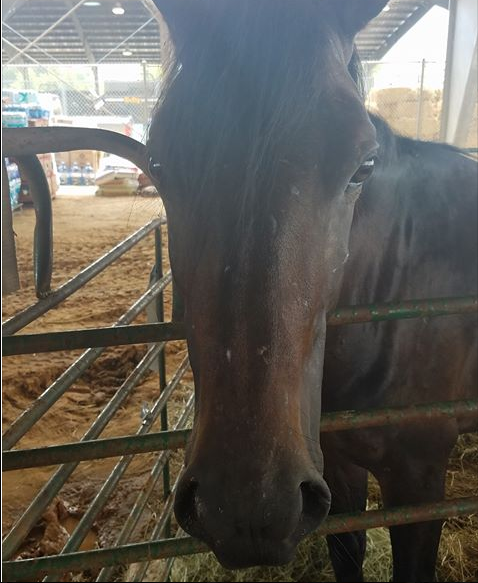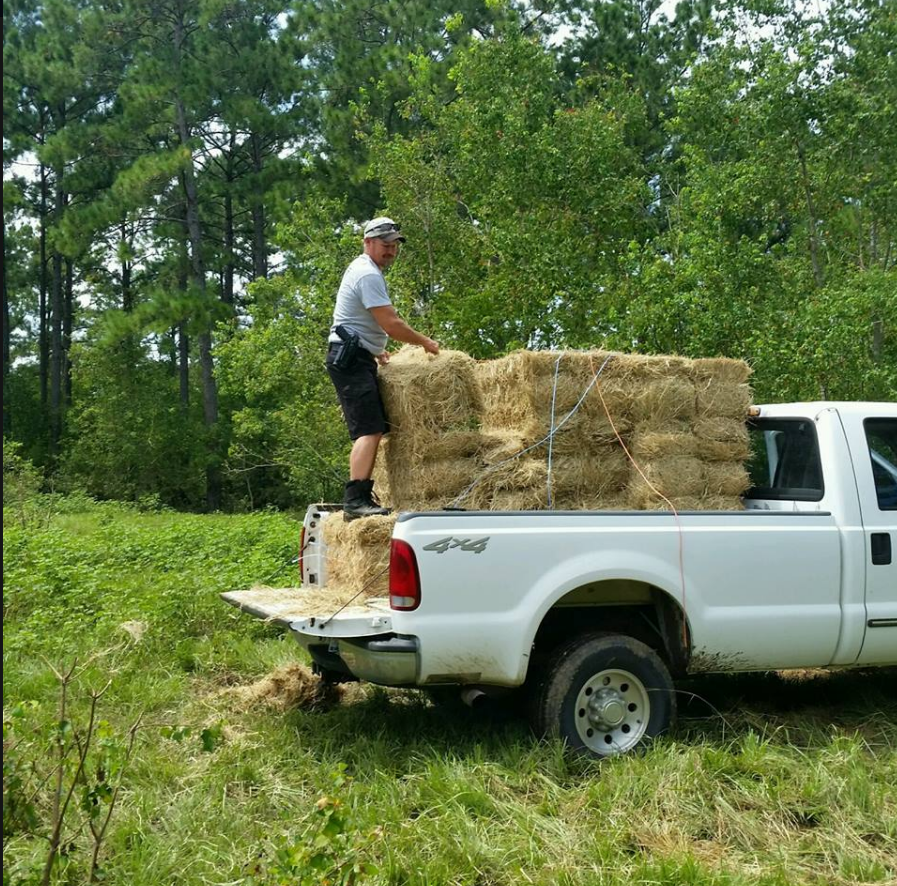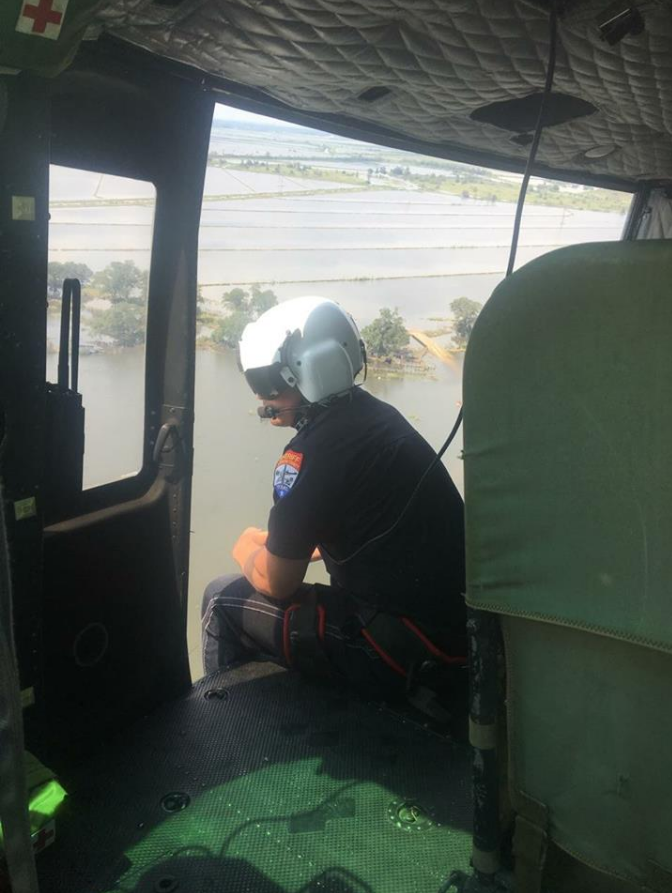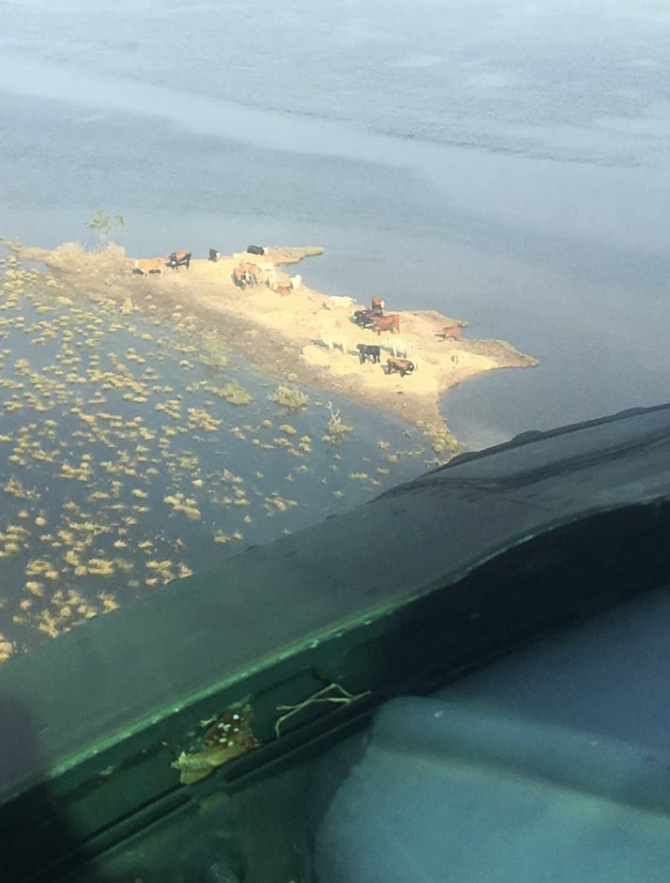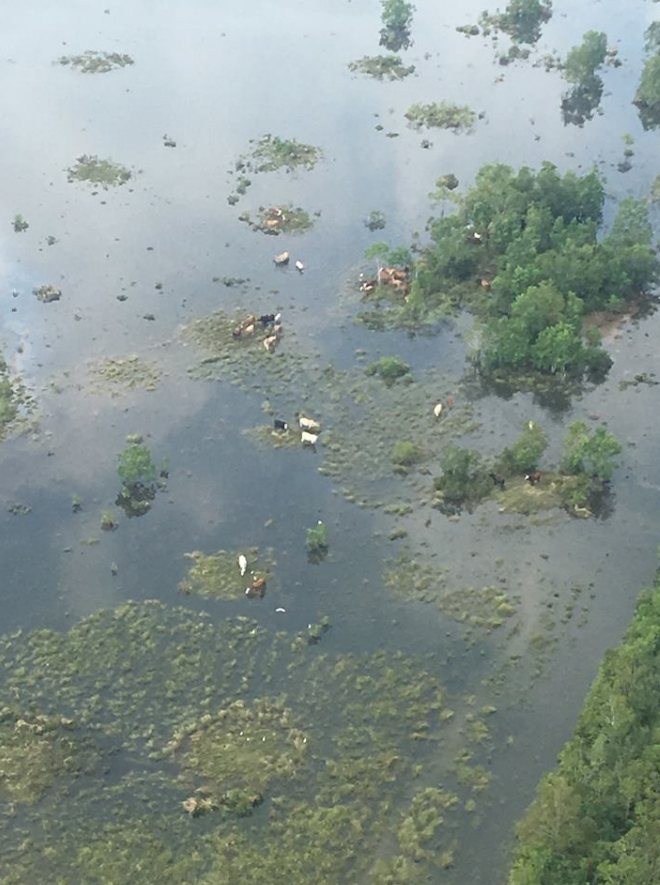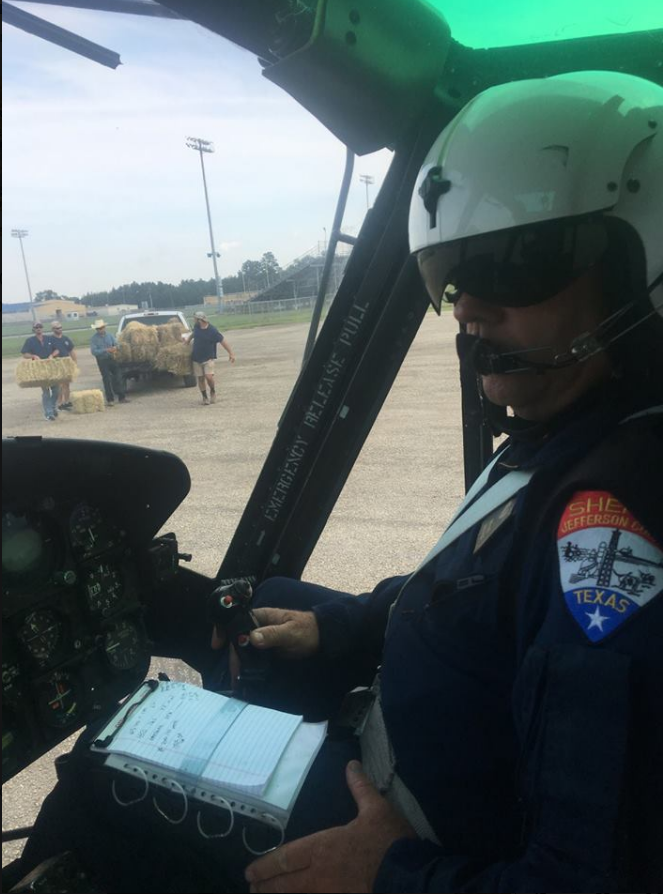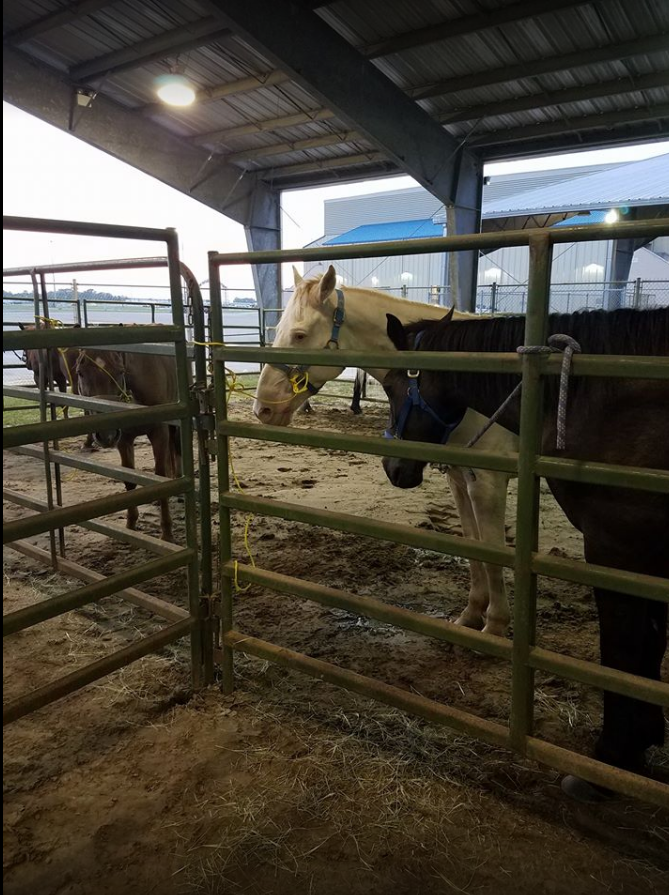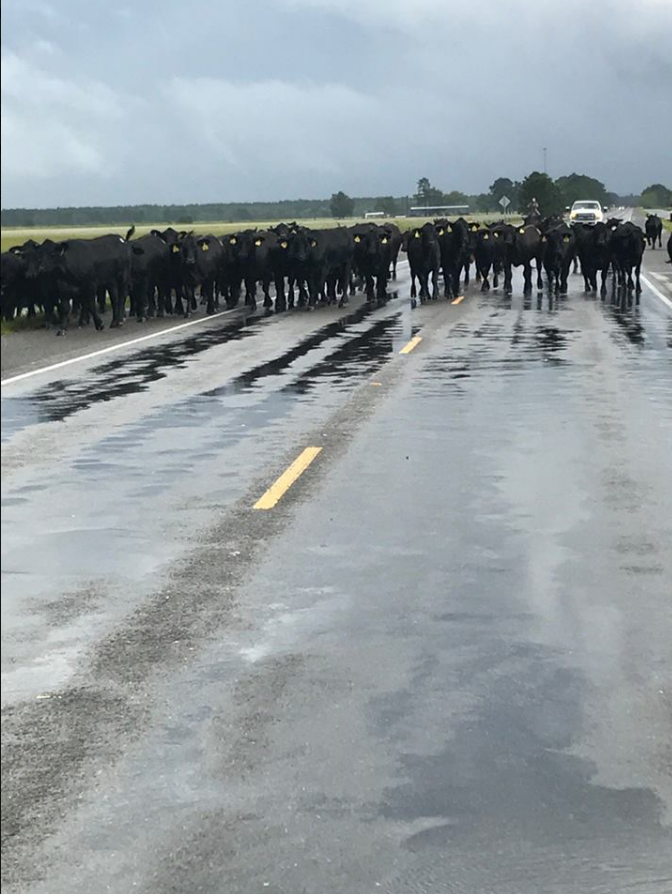HomePress Releases2018Caring for Livestock Before and After a Storm
Caring for Livestock Before and After a Storm
The Jefferson County Sheriff's Office is reminding owners how to prepare Livestock before the storm
When you know there is a storm coming, it's best to prepare everything you possibly can to reduce the chance of injury to your livestock or pets. Here are some storm safety tips you can follow to prepare for a thunderstorm, tropical storm or other severe weather.
Secure Livestock and Animals:
Know what you will do with your cattle, horses, goats, sheep, chickens, rabbits, llamas, and other livestock before the storm hits. Like humans, animals are susceptible to injury and death caused by flying debris, flooding, and exposure to severe weather. Here are some tips for keeping your livestock safe during and after a storm:
• If you plan to move livestock, make arrangements as soon as possible after learning of the approaching storm. Owners of large animals should not attempt an out-of-county evacuation unless they leave at least three days before the storm.
• If large livestock can't be evacuated, turn them loose in larger pastures or pens on high ground with some solid shelter or tall brush and large trees for cover. Livestock should never remain in a closed barn. If the barn is damaged by wind, the
animals could be injured or killed.
• Keep livestock feed, hay, horse tack, animal medicine, and other livestock supplies stored in locations that will withstand rising water and high wind.
• Have enough livestock feed on hand for at least a week, and the same amount of water – up to 150 gallons per horse or bovine.
• Stock up on basic veterinary supplies. Including: bandages, topical antibiotics, ropes, and halters for restraining injured animals.
• Keep a one-month supply on hand of medications and livestock supplements. Label them clearly with feeding instructions in case you cannot be there to administer.
• Make sure housing, food, and supplies for small animals such as chickens and rabbits are storm ready and able to withstand high winds and rising water. Smaller animals can be brought indoors if necessary. Build temporary pens in a garage.
• Most damage to buildings and animals come from wind and flying objects. Heavy farm equipment should be placed under cover and tied down if possible.
• Keep a written inventory of all livestock, including breeding and expense records, with your important financial papers. If you lose livestock, you may need this kind of paperwork for insurance purposes.
• Make sure livestock branding, tagging or other identification programs are up-to-date in case some of your animals become lost. You can also use clippers to engraved into the hair of a horse’s neck. Be sure to include your area code as your
animal might end up far away from home. This is a good idea even if the horse is evacuated to a public shelter in another county. It’s only temporary, and the hair will grow back! You can also use a permanent marker on your horse hoof to
write your phone number.
• Keep livestock fencing, gates, corrals, and other enclosures in good repair throughout the year.
What to Do After the Storm
Here are some tips on what to do after a storm or other natural disaster has passed.
• Livestock owners should not put themselves at risk by checking on livestock during a storm. Check on them immediately after the storm.
• Check stalls to make sure that they are clear of debris, water and wildlife before putting your horses back in them.
• Check your entire fence line for damage and either repair it or put up emergency orange plastic construction fencing to keep your horses from getting onto roads or other potentially dangerous situations.
• Most animals are used to being outside in bad weather and will simply need clean feed, a dry place to stand, and water to help them recover from stress.
• Make sure livestock has plenty of water and food, which has not been contaminated by pollutants. In some cases, it is necessary to truck in water and food or to remove livestock from contaminated areas. Add a few drops of bleach to standing
water to prevent disease.
• Electrolytes and vitamins may also help livestock return to normal. However, you should be prepared for the worst. If animals are injured, be ready to administer first aid or contact your veterinarian.
• Most owners can deal with minor injuries such as cuts. If animals are more severely injured, call your veterinarian. Young animals are more susceptible to stress than older animals and may need more care.
• Bad weather often causes pregnant females near term to give birth. So watch for new baby farm animals.
• Clean up trash, limbs, wire, and damaged equipment that could harm livestock. Clear and repair damaged fences.
• Spray livestock with insect repellent in case of floods to protect against mosquitoes that may carry disease.
• Observe livestock for signs of infectious disease such as pneumonia or foot rot.
• If you’ve lost an animal, contact veterinarians, humane societies, stables, surrounding farms, and other facilities. Listen to the Emergency Broadcast System (EBS) for groups that may be accepting lost pets or livestock. You can also contact
your local Emergency Management Office for the nearest local shelter.
• If you find someone else's animal, isolate it from your animals until it is returned to its owner or examined by a veterinarian. Always use caution when approaching and handling strange or frightened horses or livestock.
###
8/30/2018 2:39 PM
Crystal Holmes, PIO
cholmes@co.jefferson.tx.us
